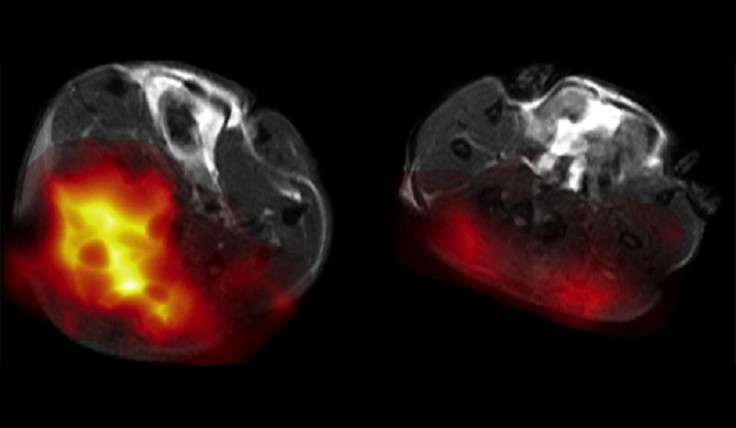New imaging technique allows doctors to know if drug is working on cancer patient within 1-2 days of treatment

The side effects, plus the anxious wait, cause some patients or their relatives to eschew chemotherapy or other methods of treating cancer. A new imaging technique allows doctors to see if a cancer drug is working after a day or two of starting treatment.
Scientists at Addenbrooke’s Hospital, part of Cambridge University Hospitals, reveal that the first cancer patient in Europe underwent the revolutionary imaging technique. It is part of a new metabolic imaging trials across different types of cancer funded by Wellcome Trust Strategic Award.
By giving the doctor the information during the early phase of the treatment, physicians could advise their patients to continue with the medication, stop the treatment if it is not working or try a different drug or treatment.
Cancer Research UK explains that the rapid scan allows the doctor to map out molecular changes in patients. It uses pyruvate, a breakdown product of glucose, which the doctors label with carbon 13 (C-13), a non-radioactive form of carbon, to make it 10,000 times more likely to be detected in magnetic resonance imaging (MRI) scan.
The doctor injects pyruvate into the patient and tracks molecular moves around the body and enters cells. A scan would monitor the speed that cancer cells break down pyruvate, which is a measure of how active are cells and tells the doctor if a drug is effective or not in killing cancer cells.
The trials in UK are the first group to be tested outside North America and the third globally. But Dr Emma Smith of Cancer Research UK says more work must be done in collecting and analysing study results to get an accurate picture of how well the cancer medication destroy tumours.
Professor Kevin Brindle, co-lead researcher, explains, “Each person’s cancer is different and this technique could help us tailor a patient’s treatment more quickly than before.” Smith adds,
“Finding out early on whether cancer is responding to therapy could save patients months of treatment that isn’t working for them.”





















